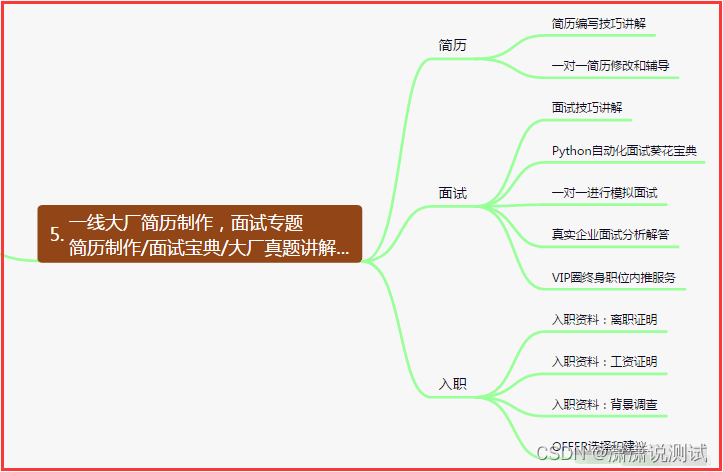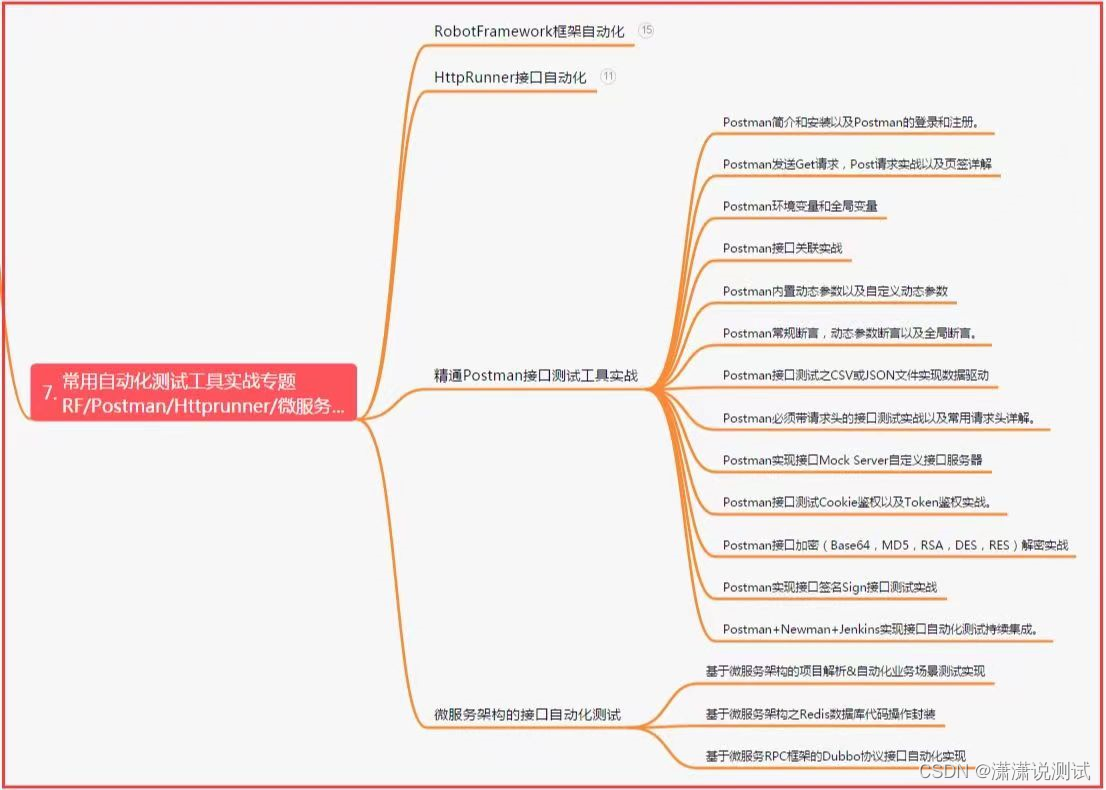Has your organization implemented test data management? If your organization deals with critical or sensitive business data, test data management will definitely benefit the organization. The fact that issues related to test data account for 15% of all software defects underscores the importance of test data. This article will discuss exactly what a test data manager does, what skills a test data manager needs, and the benefits of hiring a test data manager.
What is Test Data Management?
Let’s first dig into the definition of Test Data Management (TDM), the process of managing the data required to fulfill automated testing requirements is called Test Data Management. Test data managers can use test data management solutions to create test data as needed for testing.
A test data management solution must ensure that it delivers only high-quality data. Poor quality data is worse than no data at all, and low quality data can produce unreliable and erroneous results. Fidelity is another important requirement for test data: test data must be as close as possible to real production data.

Job Responsibilities of a Test Data Manager
One of the primary responsibilities of a test data manager is to develop and execute the organization's long-term enterprise test data management strategy. In addition, Test Data Managers are responsible for the estimation of test-related tasks, analysis of test requirements, design and development of supporting tools, testing, and implementation of TDM processes and solutions. Test data managers create processes that are consistent and repeatable to support multiple functions. These functions can include duplicate identification and masking of test data for different applications, as well as frequent refreshing and updating of test data as needed.
Another very important responsibility of a test data manager is to ensure compliance with IT security guidelines and data compliance regulations.
The test data manager is also responsible for providing data for QA testing, user acceptance testing, and performance testing.
What skills do test data managers need?
It is imperative to ensure that the Test Data Manager has the skills required to handle all the responsibilities of the position. For example, they should know how to use TDM tools to create and mine test data, be able to automatically and quickly generate data. This is a great benefit for organizations as this allows testing many scenarios very quickly.
A talented test data manager will find inefficiencies in test data and optimize them to improve the testing process. For example, we need to manually save files from time to time to overwrite the original old files. The test data manager found this process to be slow and error-prone. In this case, they might decide to create a simple script that verifies file version times and autosaves constantly.
Qualified candidates should be able to understand and handle test data requests from test data analysts and other requesters. They should be able to work with all types of analysts and engineers. Therefore, a test data manager must have broad engineering skills. For example, skills in Java (Hive, Apache, Hadoop) and Scala (Apache Spark, Kafka) are beneficial.
Test data managers should also have experience with automation using Excel macros, QTP, and similar tools. Additionally, a good understanding of database technologies such as Big Data, Hadoop, Teradata, SQL Server, or DB2 will help candidates manage data storage tasks.
Finally, the ability to apply data masking techniques is a non-negotiable skill for the position of test data manager. Masking data is necessary to protect your company's reputation and user data by avoiding harmful data breaches.
Benefits of Test Data Management
1. Provide high-quality data for automated testing
The most important reason for hiring a test data manager is to ensure that high-quality data is fed to automated testing algorithms.
If the data provided to the test is of poor quality, the test will most likely fail. No amount of strategy can save this test if low-quality data is used. So, don't spend a lot of time creating a detailed testing strategy without high-quality data.
2. Make the data available for testing
The main role of the test data manager is the generation of test data and the testing itself. The Test Data Manager ensures that high-quality test data is always available when required, which makes for a smooth testing process.
It is critical to have high-quality test data available when testing requires it, and that's exactly what a test data manager does. For example, suppose the development team is waiting for test feedback on a newly created version. But the development team slowed down because the test data was still not created. Ideally, the test data manager decides what test data needs to be created when developing new functionality. In this way, the availability of test data coincides with the new version, and the version can be tested immediately. This saves the development team valuable time.
3. Help create a documented TDM process
It is very important that the test data manager can document the TDM process. Having a documented TDM process helps other team members understand how the test data manager generates test data and handles the testing of the application scenario.
If your Test Data Manager takes leave or leaves, the organization can still rely on the Test Data Manager's documented process and the team will be able to quickly understand and execute TDM-related tasks.
4. Helps spot bugs early
Test Data Manager ensures your TDM processes run smoothly. This increases the chances of finding bugs faster. The cost of fixing bugs will increase with the total time required to detect them.
Growing Demand for Test Data Managers
Due to the dramatic increase in the volume of data being generated, so is the need for test data managers. The amount of data being generated today is enormous, with 2.5 petabytes of data being generated every day. In the past two years alone, we've generated 90% of all the data the world has ever produced.
Another reason for needing a test data manager is to prevent test data leakage. Each data breach can cost as much as $4 million. However, many organizations have yet to see the value in test data management, with only 24% currently masking their data.
It is not easy to fill the test data manager position, which requires skills in many different areas such as programming, engineering, data masking, and project management. There is intense competition among companies to hire test data managers with the right skill set.
But in fact, a suitable software can meet most of the above requirements, saving labor costs and time costs for enterprises.
ZenData general data generator defines a simple data type description syntax through YAML files. Users can achieve the purpose of test data maintenance by defining simple field value lists, prefixes and suffixes and other configurations. Simple, efficient, and flexible, it is a powerful helper for unit testing, interface testing, functional automation testing, performance testing, stress testing, and piling mocks. The two main functions of ZenData are data generation and data analysis. Through a configuration file, ZenData can be used to generate various data required. Similarly, it is also possible to specify a data type definition configuration file for a certain data file to complete the analysis of structured data. ZenData can be used for the preparation of test data in manual test scenarios, and can also be used for data generation and analysis in automated test scripts. Massive data can also be generated with one click for performance and stress testing.
Finally, I would like to thank everyone who has read my article carefully. Reciprocity is always necessary. Although it is not a very valuable thing, you can take it away if you need it:
[The following is the most complete software test engineer learning knowledge architecture system diagram in 2023 that I compiled]
1. From entry to mastery of Python programming
 2. Interface automation project actual combat
2. Interface automation project actual combat
3. Actual Combat of Web Automation Project

4. Actual Combat of App Automation Project
5. Resume of first-tier manufacturers

6. Test and develop DevOps system
7. Commonly used automated testing tools

Eight, JMeter performance test
9. Summary (little surprise at the end)
life is long so add oil. Every effort will not be let down, as long as you persevere, there will be rewards in the end. Cherish your time and pursue your dreams. Don't forget the original intention, forge ahead. Your future is in your hands!
Life is short, time is precious, we cannot predict what will happen in the future, but we can grasp the present moment. Cherish every day and work hard to make yourself stronger and better. Firm belief, persistent pursuit, success will eventually belong to you!
Only by constantly challenging yourself can you constantly surpass yourself. Persist in pursuing your dreams and move forward bravely, and you will find that the process of struggle is so beautiful and worthwhile. Believe in yourself, you can do it!




